Salta Group
Neurogenesis, neurodegeneration & Alzheimer's Disease

Neurogenesis, neurodegeneration & Alzheimer's Disease
Contrary to the long-standing dogma according to which no new neurons can be generated in the adult mammalian brain, we now know that neurogenesis continues in the adult human hippocampus up until the tenth decade of life. Our lab studies how this process is impacted by Alzheimer’s disease pathology and whether it can be recruited to ‘rejuvenate’ the degenerating brain and counteract memory loss.
In the beginning of the 20th century, Ramon y Cajal was founding one of the most influential dogmas of neurobiology by stating that “Once the development was ended ….. everything may die and nothing may be regenerated”. After a very exciting and scientifically useful rollercoaster with dogmas getting overturned again and again over the past 20 years, recent reports have unequivocally demonstrated that adult-born neurons are generated in human hippocampus throughout adulthood. This process of adult hippocampal neurogenesis is compromised in the brain of Alzheimer’s patients and, intriguingly, the levels of neurogenesis in the Alzheimer’s hippocampus correlate with the ante-mortem cognitive reserve of the affected individuals.
In the lab of Neurogenesis and Neurodegeneration, we employ transcriptomics and other molecular and imaging approaches to map the cellular and molecular complexity of the adult hippocampal neurogenic niche and dissect the biological pathways and the protein-coding and non-coding determinants that are deregulated in Alzheimer’s disease.
Cajal would conclude his 1913 doctrine by saying that “It is for the science of the future to change, if possible, this harsh decree”. The ultimate goal of our research is to understand how adult hippocampal neurogenesis can contribute to the brain’s resilience to Alzheimer’s disease and whether harnessing neurogenesis can increase the ‘fitness’ of the hippocampal niche and improve memory in Alzheimer’s.
‘If a computer crashes, you can press control-alt-delete to restart the whole thing. But when your brain crashes, which is what happens in Alzheimer’s and other neurodegenerative diseases, you can’t do that,’ says Evgenia Salta. In neurodegenerative diseases, nerve cells are damaged and die, causing the brain to increasingly malfunction. Well-known examples are Alzheimer’s, Parkinson’s and Huntington’s disease. Medication can alleviate the accompanying symptoms in many cases, and sometimes it can slow down the progression of the disease. But unfortunately there is still no cure.
Salta’s past research has focused on several potential underlying mechanisms of Alzheimer’s disease, and now she is concentrating on a new and promising approach: ‘I am investigating whether the neurons that are lost in Alzheimer’s disease can be replaced. For a long time an adult human brain was deemed incapable of producing new neurons, but recently we have become certain that neurogenesis can happen in the adult brain.’Research in post-mortem brain tissue from people of different ages has shown that even in the brains of old people new neurons are still being produced. Salta: ‘That this process continues throughout life is just as well. Because due to our lifestyles, more and more healthy neurons become toxic, and therefore harmful. New neurons can counteract the effects of toxic neurons.’
This neurogenesis is strongest in the young years, and gradually decreases with age. In people with Alzheimer’s disease this decline is dramatic; and the further advanced the disease, the smaller the number of new nerve cells. To stop – or even reverse – this process, Salta wants to know which biological regulators – molecules for example – play a role in the neural renewal process. ‘The moment we can identify the relevant biological regulators, we may be able to use them to boost the process of neurogenesis.’
Salta’s research focuses on the hippocampus, one of the first brain areas to be (significantly) affected by Alzheimer’s disease. The hippocampus plays a crucial role in remembering information and forming new memories. She therefore hopes that having an insight in the process of neurogenesis will eventually lead to improving the deteriorating memory of people with Alzheimer’s. That does not mean that there is currently nothing we can do to promote neurogenesis, she says. ‘In people who suffer from mild cognitive impairment, which could be an early stage of Alzheimer’s disease, we see that a healthy lifestyle and a lifetime of running can improve their prognosis.’
That does not apply to everyone, she warns. ‘All sorts of things play a role in developing Alzheimer’s: your genetic vulnerability, whether you have diabetes, obesity, cardiovascular disease. My main point is that we can help our brains to produce more neurons naturally: by exercising a lot, and also by continuing to learn actively. For example, we know that bilingualism delays the onset of Alzheimer’s by two years.’‘We are not going to find a magic bullet’, says Salta, who herself has family members with Alzheimer’s. ‘We have to be realistic about that. It is a terribly complicated disease. The fact that we can partially renew and thereby strengthen the hippocampus is an exciting new approach. It motivates me every day to work hard to find possible solutions.’
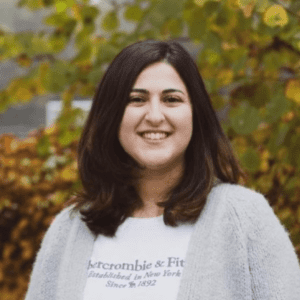
Bioinformatician
See profile
Student
See profile
student
See profile
Student
See profile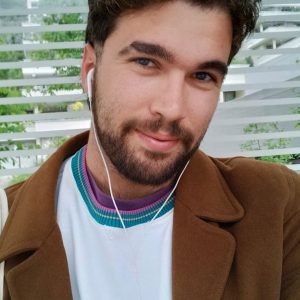
PhD student
See profile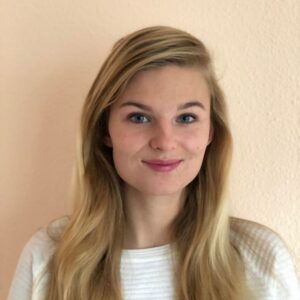
PhD student
See profile
PhD student
See profile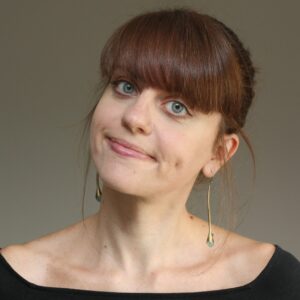
Head of department
See profile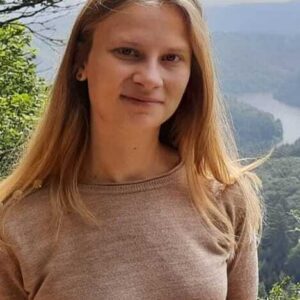
Technician
See profile
PhD student
See profileAt the moment, there are no vacancies within this group
Show all vacancies
"*" indicates required fields
"*" indicates required fields
![]()
![]()
You can also transfer your contribution to NL76 INGB 0002 1673 78 in the name of ‘Stichting Vrienden van het Herseninstituut’
The Friends Foundation facilitates groundbreaking brain research. You can help us with that.
Support our work